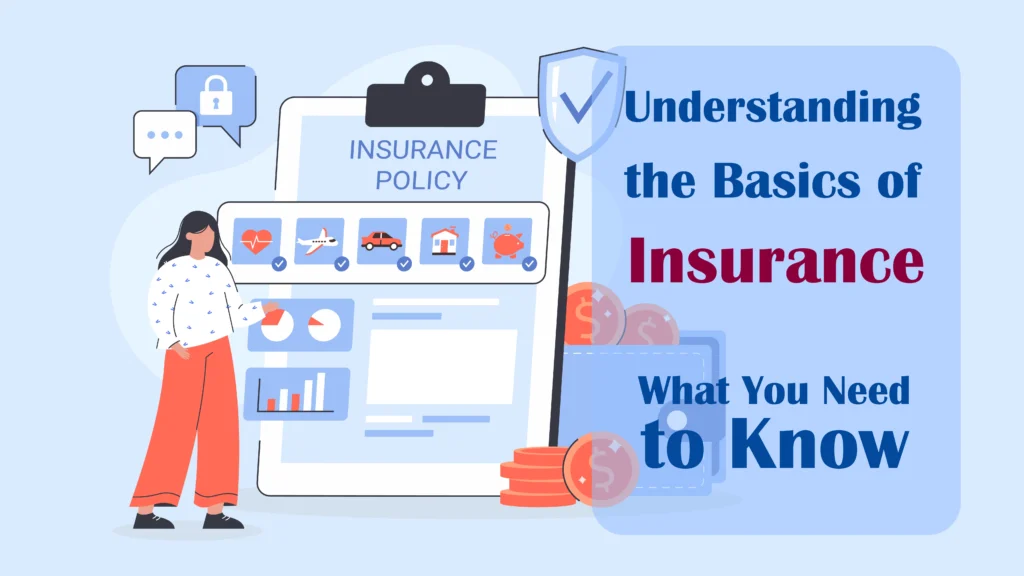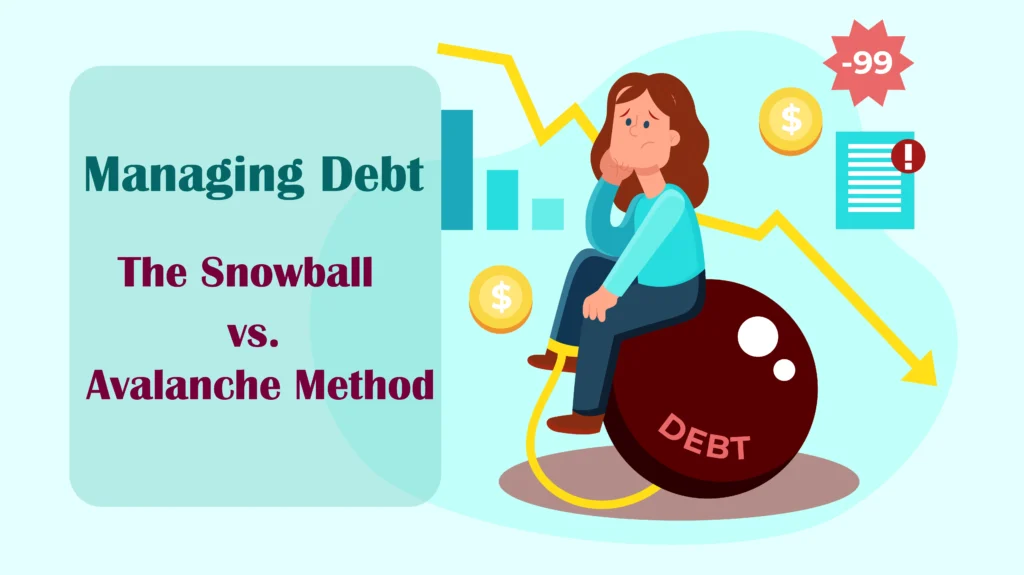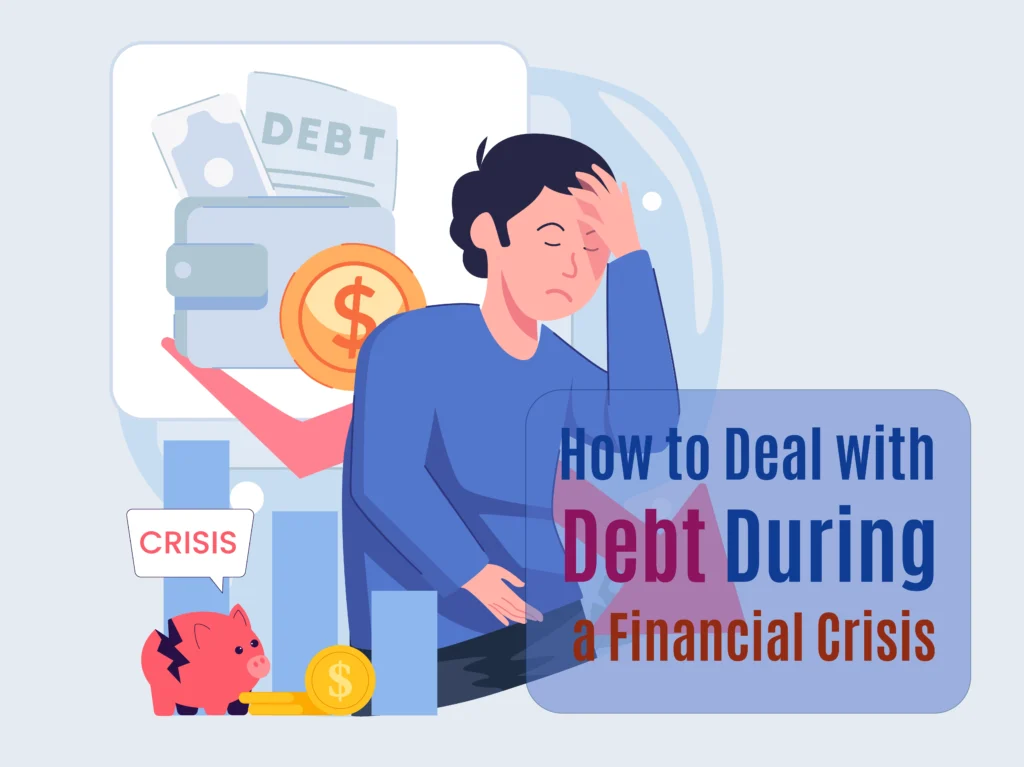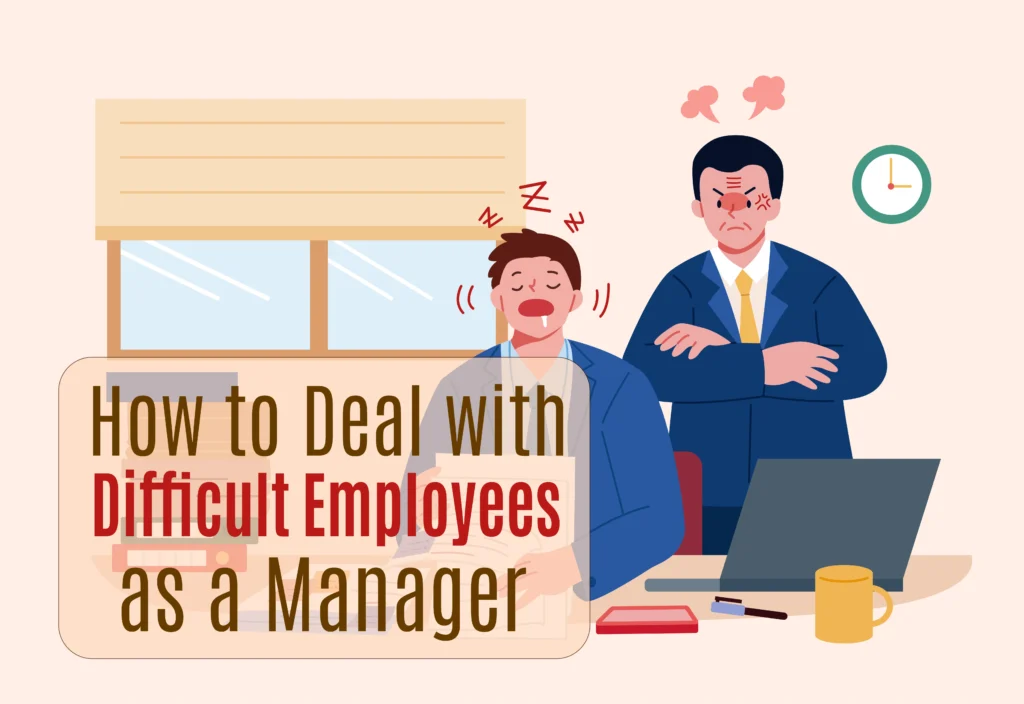15 Ways to Reduce Debt Stress While Staying Productive
Debt can create a heavy mental and emotional burden, leading to constant worry and a sense of being stuck. It doesn’t just affect your finances—it can seep into every aspect of your life, making it difficult to stay productive at work, manage relationships, or focus on personal goals. However, it is possible to reduce debt stress and maintain productivity with the right strategies.
This article outlines 15 actionable ways to stay on top of your mental health and finances simultaneously. You’ll learn how to create practical plans, adopt healthy mindsets, and take small steps to regain control over your life. Let’s dive in!
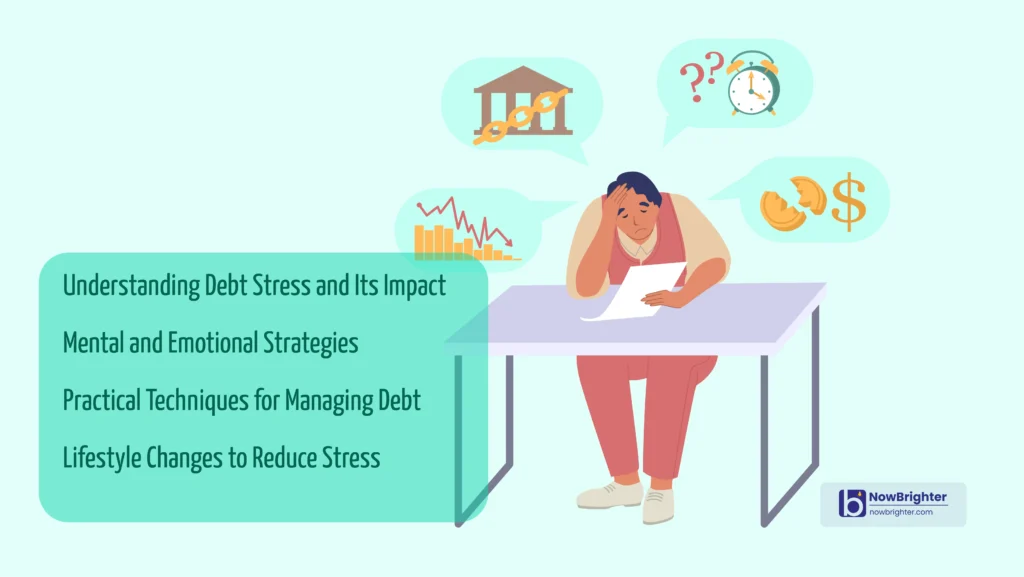
Understanding Debt Stress and Its Impact
1. What is Debt Stress?
Debt stress occurs when financial obligations become overwhelming, causing emotional, mental, and sometimes physical distress. It’s not just about owing money—it’s the constant worry about how to pay bills, avoid defaulting, or manage unexpected expenses that makes the experience exhausting. Whether you’re behind on credit card payments, student loans, or medical bills, the fear of falling deeper into debt can be paralyzing.
Financial stress has become increasingly common, with millions of people grappling with mortgages, credit card balances, and personal loans. If left unmanaged, debt stress can spiral into long-term mental health issues, creating additional challenges.
2. How Debt Affects Mental and Physical Health
When you’re stressed about debt, your brain is often locked in a state of fight-or-flight. This can trigger symptoms like insomnia, muscle tension, headaches, and even digestive problems. Over time, the stress can compromise your immune system, making you more prone to illness.
On the mental side, chronic debt stress can lead to depression, anxiety, or feelings of hopelessness. These mental health issues, in turn, make it harder to stay productive at work, leading to decreased performance and, in some cases, a loss of income. Understanding these effects is the first step toward developing strategies that prioritize your well-being while managing your finances.
3. Common Behavioral Changes Triggered by Debt
Debt stress can cause noticeable changes in your behavior. Some people become overly cautious, avoiding social interactions or neglecting bills altogether out of fear. Others react by engaging in emotional spending—making impulse purchases as a way to cope with stress temporarily.
Another common behavior is avoidance. Many people stop checking their accounts or reading financial statements, hoping the problem will disappear. Unfortunately, these habits only worsen the situation, leading to late fees, higher interest rates, and deeper debt.
4. The Importance of Staying Productive Despite Debt
Debt can make it difficult to stay focused, but maintaining productivity is essential for several reasons. Firstly, staying productive at work ensures that you maintain your income stream, which is critical for paying off debt. Secondly, focusing on achievable tasks can help you regain a sense of control, which reduces anxiety.
It’s important to strike a balance—overworking yourself isn’t sustainable, and neglecting work altogether could make the situation worse. By using small, consistent efforts, you can gradually improve both your financial situation and mental well-being.
Mental and Emotional Strategies to Handle Debt Stress
5. Practice Mindfulness and Meditation
Mindfulness involves being present in the moment and observing your thoughts without judgment. When you feel overwhelmed by debt, practicing mindfulness can help calm your mind and reduce anxiety. Meditation, in particular, is known to lower cortisol levels—the hormone responsible for stress.
Even 10 minutes of meditation daily can make a difference. If you’re new to meditation, apps like Headspace or Insight Timer offer guided practices specifically designed for financial stress relief. These exercises help you break free from obsessive thinking about debt, enabling you to focus on more productive actions.
6. Set Achievable Financial Goals
One of the biggest mistakes people make when managing debt is setting unrealistic goals, which only leads to frustration and more stress. Instead, break down your financial objectives into smaller, manageable milestones. For example, instead of aiming to clear $10,000 of debt in one year, start by targeting $1,000 in three months.
Each small victory will boost your motivation, making it easier to stay on track. Clear goals also give you a sense of direction, which is essential when trying to manage both stress and productivity.
7. Embrace Positive Self-Talk to Avoid Anxiety
Debt can trigger negative thoughts like, “I’ll never get out of this” or “I’m a failure.” These thoughts are not only untrue but also counterproductive. Practicing positive self-talk helps you reframe your mindset and reduces feelings of shame associated with debt.
Start by recognizing negative patterns and replacing them with empowering statements, such as, “I am making progress, no matter how small” or “I have the ability to improve my financial situation.” Over time, these affirmations will help you stay resilient and focused on your goals.
8. Use the “Snowball” Method for Motivation
The “Snowball” method focuses on paying off your smallest debts first, regardless of their interest rates. This strategy works because each small debt you eliminate gives you a quick win, boosting your motivation to keep going.
Once the smallest debt is cleared, you roll the amount you were paying toward it into the next debt, creating a snowball effect. Although it might not be the most mathematically efficient approach, the emotional rewards make it an excellent strategy for people struggling with motivation.
≫ Related Post: Managing Debt: The Snowball vs. Avalanche Met
Practical Techniques for Managing Debt While Staying Productive
9. Create a Simple and Realistic Budget
A budget is a roadmap for your finances. It shows where your money is going and helps you allocate funds to meet your financial goals. Start with a realistic budget that accounts for your essential expenses, such as rent, groceries, and utilities, along with debt repayments.
Many people find the 50/30/20 rule helpful—50% of your income goes toward needs, 30% toward wants, and 20% toward debt payments or savings. This method ensures that your financial plan is balanced and sustainable over time.
10. Automate Payments to Avoid Missed Deadlines
Missed payments result in late fees and damage your credit score, which only adds to debt stress. Automating your payments ensures that you never miss a due date. Most banks and financial institutions offer this service for free.
By setting up automatic payments, you reduce the cognitive load of remembering multiple deadlines, allowing you to focus on other productive activities.
11. Use Debt Consolidation Services Carefully
Debt consolidation allows you to combine multiple debts into one loan with a lower interest rate. While this can simplify your payments and reduce stress, it’s essential to use this tool wisely.
Before consolidating, ensure the new loan fits within your budget and won’t lead to additional borrowing. Debt consolidation can provide relief, but only if you remain disciplined in your spending habits.
12. Break Tasks into Small, Manageable Steps
When your financial situation feels overwhelming, breaking it down into smaller tasks can make it more manageable. For example, instead of creating a comprehensive debt repayment plan in one day, start by listing all your debts.
Completing these small tasks builds momentum and reduces the likelihood of procrastination. This approach also applies to work tasks, helping you stay productive even when stress levels are high.
Lifestyle Changes to Reduce Stress and Improve Focus
13. Minimize Non-Essential Expenses
Cutting back on non-essential spending is one of the quickest ways to free up extra money for debt repayment. Review your monthly expenses and identify areas where you can make cuts, such as subscription services or dining out.
These small changes can have a significant impact over time, accelerating your debt repayment and giving you a sense of control over your finances.
14. Develop Healthy Routines to Stay Focused
Staying productive requires a healthy mind and body. Incorporating regular exercise, a balanced diet, and adequate sleep into your routine will improve your ability to handle stress.
Exercise, in particular, releases endorphins, which are natural mood boosters. A healthy routine helps you stay focused, making it easier to manage both your financial responsibilities and work tasks.
15. Seek Social Support or Professional Help When Needed
You don’t have to face debt stress alone. Talking to friends or family members can provide emotional support, while consulting with a financial advisor or therapist offers professional guidance.
There are also free credit counseling services that can help you develop a personalized repayment plan. Seeking help is a sign of strength and a proactive step toward improving your situation.
Conclusion
Managing debt can feel overwhelming, but it’s important to remember that stress and financial challenges are part of life—and both can be managed with the right strategies. The key to reducing debt stress while staying productive lies in balancing your mental well-being with practical actions. Mindfulness, positive self-talk, and setting achievable goals can help you manage emotional stress, while budgeting, automating payments, and using strategies like the “Snowball” method will keep your finances under control.
Debt repayment is a marathon, not a sprint. Progress, no matter how small, is still progress. With patience, persistence, and the right tools, you can reduce the weight of debt, reclaim your peace of mind, and stay productive in both your personal and professional life. Stay focused on your long-term goals, and over time, you will find your way to financial freedom.

